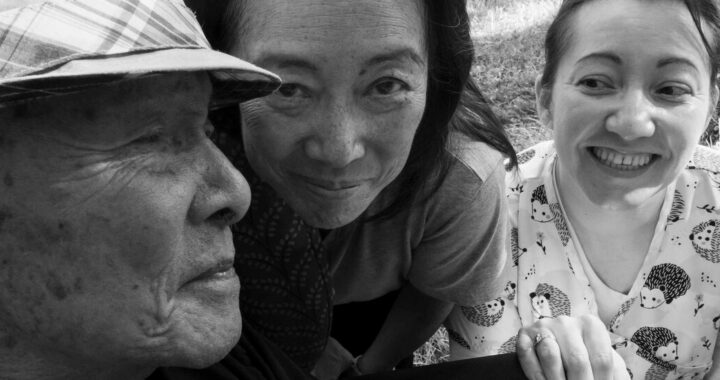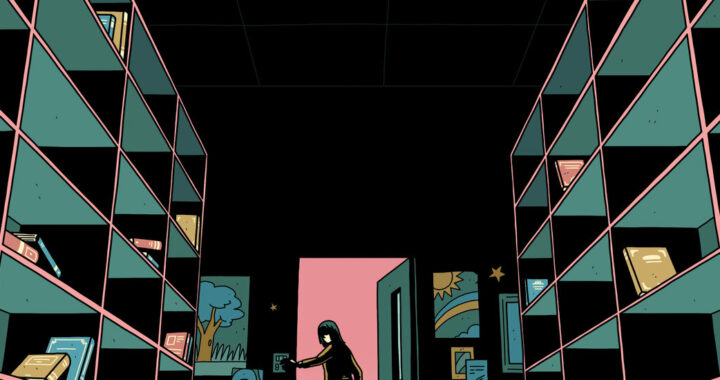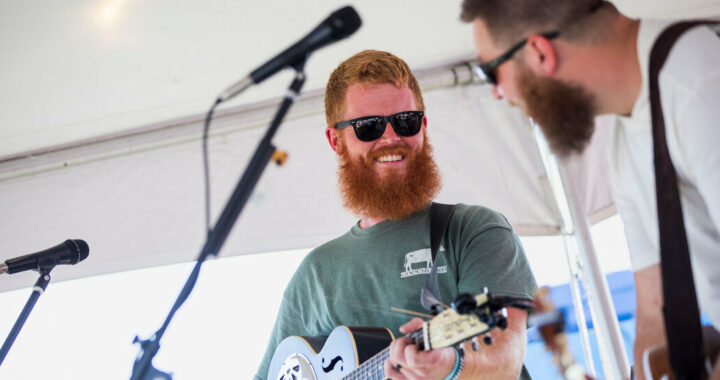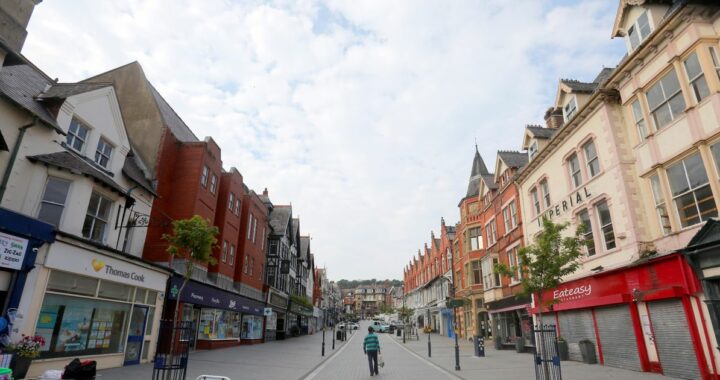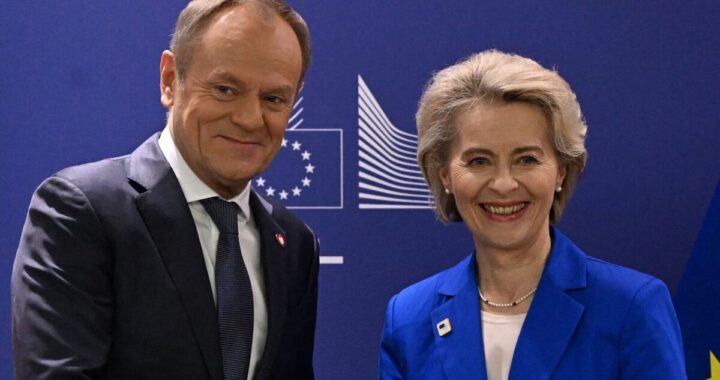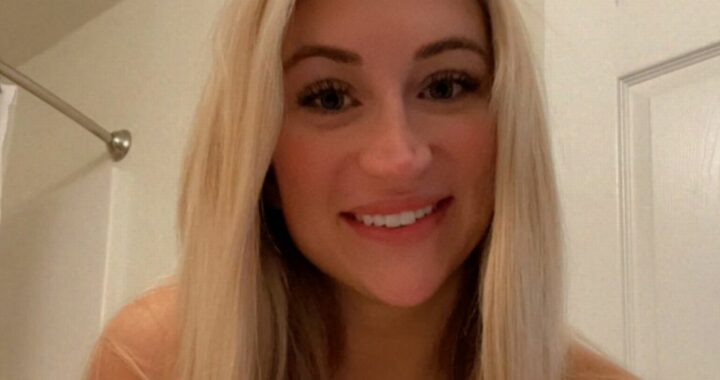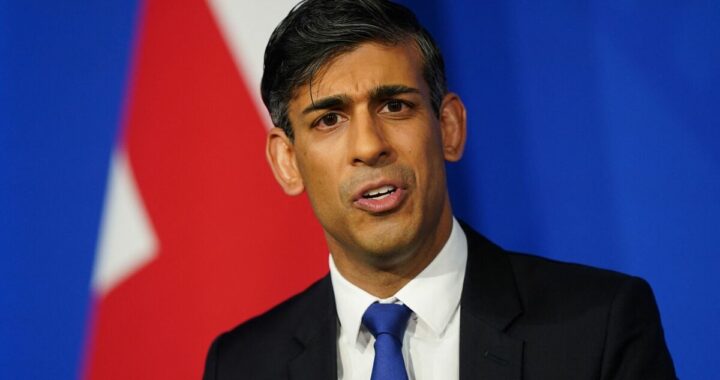Opinion | This Is the Music America Needs
8 min read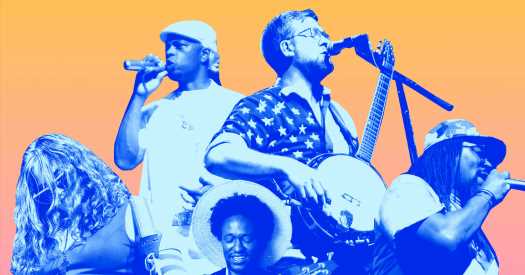
In an Era of Extreme Polarization, Can Music Bring Us Together?
Predictably, Jason Aldean’s song “Try That in a Small Town” jumped to the top of the charts days after liberals accused it of promoting vigilantism and racism. Reasonable people can disagree about whether that was Mr. Aldean’s intent, but this much is clear: When half the country condemns something, the other half rushes to praise it. The free publicity, complete with an online post by Donald Trump, spurred a surge in record sales. In this polarized era, division sells.
But music should create social cohesion, not division. I recently spent two days with Gangstagrass, a band that is making music that actually unites us, and reflecting on why it isn’t better known. Gangstagrass combines hip-hop and bluegrass, with weirdly addictive results. A version of the group produced the theme song of the TV drama “Justified.” (The song, “Long Hard Times to Come,” was nominated for an Emmy in 2010.)
The multiracial band was created by Rench, a Brooklyn-based musician and producer. It also includes R-SON the Voice of Reason, who sported a Phillies baseball cap onstage in homage to his hometown the night I saw them; Dolio the Sleuth, a Pensacola, Fla.-born M.C. who dressed in white from his Kangol cap down to his Adidas; Dan Whitener, a banjo player from New Jersey who wore a shirt that looked like the American flag; and B.E. Farrow, a fiddler from Omaha who donned a straw hat. Name aside, they aren’t gangsters. When he isn’t making music, Mr. Whitener is a stay-at-home dad. R-SON hails from a family of cops. Dolio attended M.I.T.
It’s easy to dismiss them — before you hear them — as a gimmick or novelty act. But those who are lucky enough to stumble on their live shows are likely to get sucked in by the oddball energy. They have die-hard fans who came for the bluegrass and stayed for the rap, and vice versa. Instead of pitting rural America against urban America, the way Mr. Aldean’s song does, Gangstagrass tries to appeal to both at the same time.
Rench told me that he hopes the music helps people reduce their fear of one another, “because the rise of authoritarianism and fascism really depends on people being separated.”
Their shows have become a rare place where people from across the political spectrum mix, party together and sometimes become friends. In 2021, Rench explained his vision of using music to “bring a message that America can find common ground” during an audition for NBC’s “America’s Got Talent.” In July, they served as artists in residence at the national convention of Braver Angels, an organization that aims to “depolarize” the country by fostering honest conversations and debate.
I attended parts of the convention (and moderated a panel on the media) and was struck by two things at once: the positive energy that both Gangstagrass and Braver Angels give off — and how much it runs against the grain of what’s trending in the rest of America.
Braver Angels is trying to spark a social movement that will hold the country together during the dark times that are sure to come with the presidential campaigns and beyond. It’s not about trying to change deeply held beliefs or pushing partisans to meet in the “mushy middle.” Instead, the aim is to make sure disagreements are based on reality, not lazy stereotypes; that people see the humanity of those they disagree with. It’s about giving people tools to coexist and providing a space where it is safe to interact with those from the “other side.” Delegates wore colored lanyards around their necks — red, blue or yellow — advertising their political leanings. At lunchtime, the cafeteria filled with different-colored lanyards, sitting together.
During one plenary session, Gangstagrass band members ate sandwiches in the green room while more than 600 people converged on a ballroom at Gettysburg College, not far from the Civil War battlefield, to hear speeches about a union that needs saving once again.
“There are many people looking at this country thinking, ‘There is no way that these people can hold together much longer,” said John Wood Jr., a leader of Braver Angels and past vice chairman of the Republican Party of Los Angeles County, speaking to the crowd.
Gangstagrass and other musicians were invited to the convention in the hopes that they would help attract a younger, more diverse crowd to the cause. At first, Braver Angels’ president, David Blankenhorn, was skeptical of the idea. “People don’t come here for performances,” he said. But younger staff members convinced him that music can move people in a way that debate and dialogue cannot. Every movement needs an anthem to help spread its message, after all. Who could imagine the civil rights movement without “We Shall Overcome” or the labor movement without “Which Side Are You On?”
Music makes people meet “at a heart level, and not just the head level,” Micah Hendler, Braver Angels’ co-director of music, told him.
The convention was Gangstagrass’s first foray as a band into an explicitly political space. When Rench started mixing fiddle music and rap back in 2006, politics was the furthest thing from his mind. He liked the idea of combining what seemed to be two diametrically opposite things. But mostly, he just thought it sounded cool.
Over time, Rench told me, he came to realize that hip-hop and bluegrass aren’t opposites at all. Look under the hood of American music and you’ll discover that they share common themes — being broke, going to prison, disappointing Mama and finding strength to carry on. They’re about improvising and one-upping each other on a front porch or a street corner. They are the music of poor white and poor Black people — two groups that the powerful, throughout history, have tried to keep separate at all costs.
During the convention, Gangstagrass held a workshop on depolarizing American music that explained how the music industry created genres during Jim Crow, artificially separating “hillbilly” music from “race” music for marketing purposes. Previously, Black and white musicians in the South played many common songs, according to the book “Segregating Sound: Inventing Folk and Pop Music in the Age of Jim Crow,” by Karl Hagstrom Miller. That artificial separation continues to this day, as algorithms suggest more hip-hop to hip-hop fans and more bluegrass to bluegrass fans. Bands like Gangstagrass, who defy categories, are often rendered invisible.
Our two-party political system operates in much the same way. It funnels people into boxes, for marketing purposes. Unless a news item fans the outrage of one side or the other, it risks falling through the cracks completely. Voters who defy categorization — we misfits who make up half of the American people — aren’t well served by the process.
It’s not clear whether groups like Braver Angels and Gangstagrass, which are trying to break the toxic cycle of polarization, will ever become household names. Both rely on personal contact — live shows and one-on-one conversations — to spread their message. In a country of 335 million people, their efforts can feel quixotic.
One of the most interesting things they did at the convention was bring about two dozen musicians from across the country — half liberal, half conservative — together with Gangstagrass to collectively write songs about education, health care and representative democracy that would be performed onstage the following night. The exercise forced them to quickly distill the essence of what they could agree on.
The democracy group settled quickly on the idea that everyone deserves a voice and a vote. Susanna Laird, a mother of four home-schooled children from Frederick, Md., dashed off some lyrics about a voter who had been turned away from the polls. R-SON came up with some more lyrics. Others suggested a beat and chords. In the health care group, the conversation about policy turned to people’s own experiences in hospitals. They discovered that they all felt the same thing — that “the system is not navigable; it’s a maze,” Amy Teutenberg, of Milwaukee, told me. By the next morning, they were rehearsing a deeply personal song about feeling lost in the system. “I feel like something’s broken,” wailed the refrain, which stuck in my head for days.
It was the education group that struggled the most to find common ground. During a so-called fishbowl exercise, conservatives sat in the middle of the room, speaking openly about schools, while liberals listened.
Marya Djalal, 54, a teacher from the Gettysburg area, opened up about how her Christian faith had motivated her work. When it came time to brainstorm lyrics, someone suggested a line about a child molded by “the Maker’s hands,” a reference to God. This set off an intense debate about the role of religion in public schools. Then R-SON dropped in on the workshop and warned that public schools should be careful about promoting one faith over another. The group took the line about “the Maker’s hands” out.
Ms. Djalal felt crushed.
She blamed it on a clash of culture — a lot of liberals aren’t used to talking about God. But it still bothered her. “I felt troubled in my heart all night about it,” Ms. Djalal told me afterward. “I was almost like, ‘I can’t sing this song.’ It felt flat.”
The next morning, she brought up the subject again. The group compromised. Instead of referencing God, they used the phrase “Braver Angels,” which could be interpreted as heavenly beings or the humans in the convention hall.
The night of the concert, everyone sang. Some even cried. Mr. Blankenhorn pronounced himself a new believer in live music at conventions. Overheard on the dance floor that night: “I’ll bet No Labels doesn’t have dancing like this.”
The grand finale — a Gangstagrass set — got everyone on their feet. As Mr. Whitener’s banjo quibbled with Mr. Farrow’s fiddle, an elderly couple clasped hands and began to whirl. The rap stopped them in their tracks. Then they looked at each other, shrugged, and started dancing again.
“It’s pretty amazing to see a bunch of people I didn’t know before a few days ago dancing to a band I had never heard of — and now I couldn’t imagine my life without the music and this movement,” Andrew Garrett, a graduate student at N.Y.U. who worked on the education song, told me. “It’s an amazing community that came out of nowhere, but actually feels like its going to sustain.”
I hope it does. I don’t know if this music — or this movement — could ever become as popular as Jason Aldean. I’m not sure young people will ever embrace it. (Hip-hop, after all, turns 50 this month, like R-SON.) What I can say for sure is that this music provided comfort and joy to people who want to unite the country. On that night, in that ballroom, that was all that mattered.
The Times is committed to publishing a diversity of letters to the editor. We’d like to hear what you think about this or any of our articles. Here are some tips. And here’s our email: [email protected].
Follow The New York Times Opinion section on Facebook, Twitter (@NYTopinion) and Instagram.
Farah Stockman joined the Times editorial board in 2020. For four years, she was a reporter for The Times, covering politics, social movements and race. She previously worked at The Boston Globe, where she won a Pulitzer Prize for commentary in 2016. @fstockman
Source: Read Full Article
